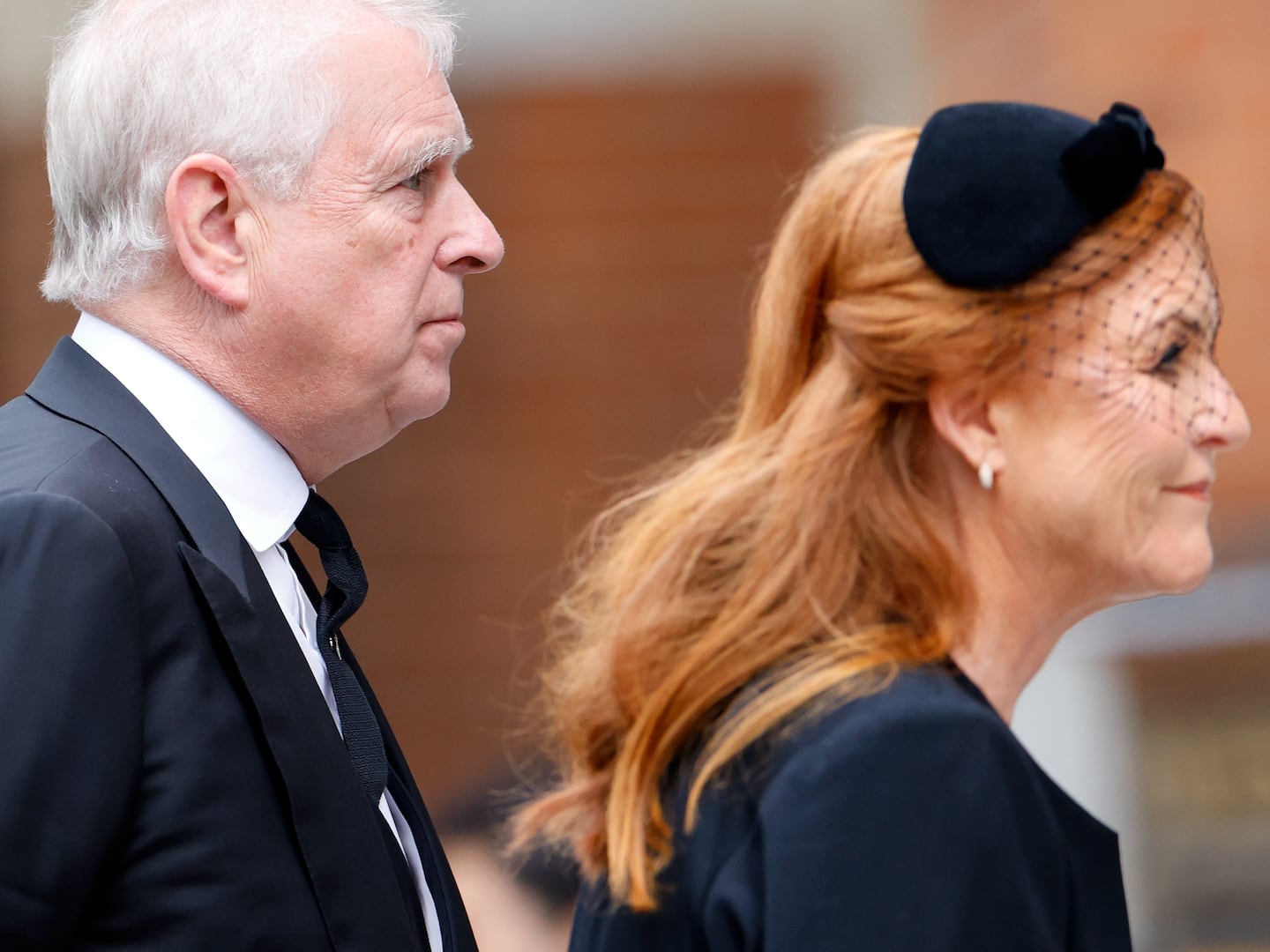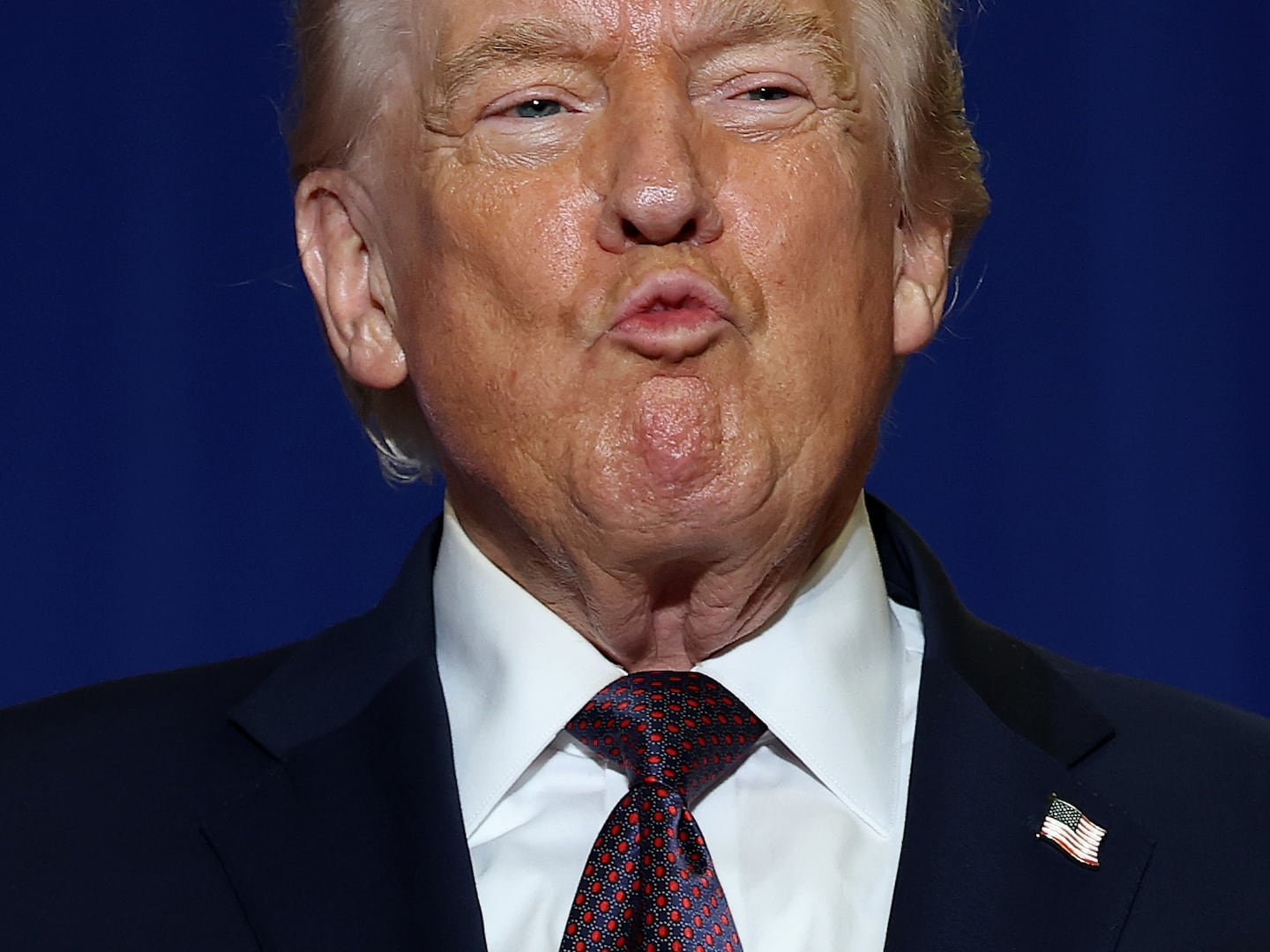The columns Steve Kornacki recently wrote for Salon.com include one comparing Rand Paul to Robert Taft; another comparing Paul Ryan to Sargent Shriver, Geraldine Ferraro, and other vice-presidential losers; and another that looked at the presidential-primary processes of 1988 and 2000.

“I don’t want to say ‘encyclopedic,’” Kornacki says in an interview, regarding an adjective most often used to describe his knowledge of the last 30 years of American politics. “I have huge blind spots. I have lots of areas that have lots of deficiencies.”
Kornacki had, for the last time, just walked off the set of The Cycle, the MSNBC show that launched nine months ago and that featured the 33-year-old Kornacki and three other, relatively young co-hosts: conservative commentator S.E. Cupp, former Virginia congressional candidate Krystal Ball, and cultural commentator Touré. Earlier this week Kornacki was named as the replacement for Chris Hayes on Up, which despite its atrocious early-weekend-morning time slot (“Tell me about it! I am the one who has to get up for it!” Kornacki says), had developed a cult following for its wonkish, social-media-fueled conversations.
“There are random pockets of deep and generally useless knowledge,” he continues. “Hopefully they will be useful on this show.”
Hayes was plucked from Up last week to take over the primetime slot previously occupied by populist firebrand Ed Schultz. The conventional wisdom was that the new Up host would be Washington Post whiz kid Ezra Klein, who, like Hayes, is comfortable with charts, graphs, and patient explanations of complicated policy questions and has been regular fill-in host on the show for years. Kornacki, on the other hand, appears to be far more comfortable with the kind of arcana found in The Almanac of American Politics.
This kind of knowledge has enabled Kornacki to carve out a fairly unique niche in the political-journalism landscape. As a columnist for Salon, occasional contributor to the Gotham-focused politics and culture website Capital New York, and former columnist for the New York Observer, Kornacki does analysis without sources whispering in his ear, or really, for that matter, doing many interviews of any kind.
“Through the years, through my own conversations, through my own weird obsessions, I think I have developed some very deep politics of political knowledge—and I think I have huge blind spots, too—which I have tried to build not necessarily through traditional interviews so much as it is conversations and a lot of research and reading,” he says. “It has allowed me to take an approach to writing about politics which is, let’s look at the past and let’s use it to make the present relevant—looking at numbers, looking at demographic trends and election trends.”
Kerry Lauerman, Kornacki’s editor at Salon, hired him after watching Kornacki appear on Hardball With Chris Matthews one afternoon. He points to what he calls “the perfect Steve story”—one where Kornacki profiled the congressmen who wait for hours to get an aisle seat at the State of the Union address so they can be spotted shaking hands with the president.
“Usually people, if they know who voted for what in 1984, aren’t able to do anything with that,” Lauerman says. “They are just another political fanboy or fangirl. He is very able to apply his knowledge, and you know he is able to do that without seeming like he has any kind of agenda. He is coming at it pretty ingenuously and clear-eyed. You never have to wonder who is taking him out to dinner.”
Which puts him at a different approach than his predecessor. Hayes was very much a creature of the left, a proud alumnus of The Nation and In These Times. Kornacki, who wrote movingly for Salon about coming out at age 30, generally keeps his politics to himself. “I am hesitant to put any kind of ideological label on it and say that’s what this show is. I would rather say this is a show that seeks out intelligent conversation and is not going to be afraid to let that conversation take place organically.”
Kornacki’s new role represents the first time MSNBC has kept a franchise intact as the host of a show has moved on or, as it were, up.
For now, Kornacki says he has no definitive ideas about how Up with Steve Kornacki will differ from Up With Chris Hayes.
“I just know that I’m not Chris, and Chris isn’t me. Everyone is going to have their own wheelhouse,” he says. “It is a discussion show, obviously, so keeping that intact and then building those discussions around people and voices that are not on 16 other shows the weekend before.”
It would have been almost impossible to predict what a phenomenon Hayes’s show has become in the less than two years it has been on. Nearly every weekend the show trends on Twitter, an oddity given that it broadcasts from 8 to 10 a.m. on Saturdays and Sundays and even earlier on the West Coast. Who would have guessed that there was a dormant cable-news audience craving an early-morning discussion on the rising temperatures of the ocean or the cost curve on health care?
“What we are trying to do is dispute the intuition some people have that some topics are not TV-able, that are too complex or too difficult to address,” says Jonathan Larsen, the executive producer of the show. “Because that is what journalism should be about, pushing against that intuition. The thing you find superficially boring really matters.”






